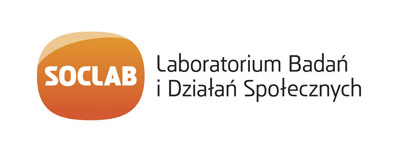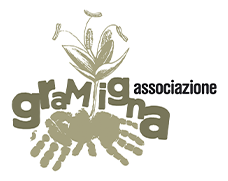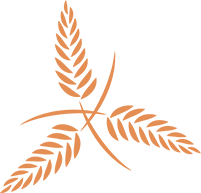EURECA
Good Practices
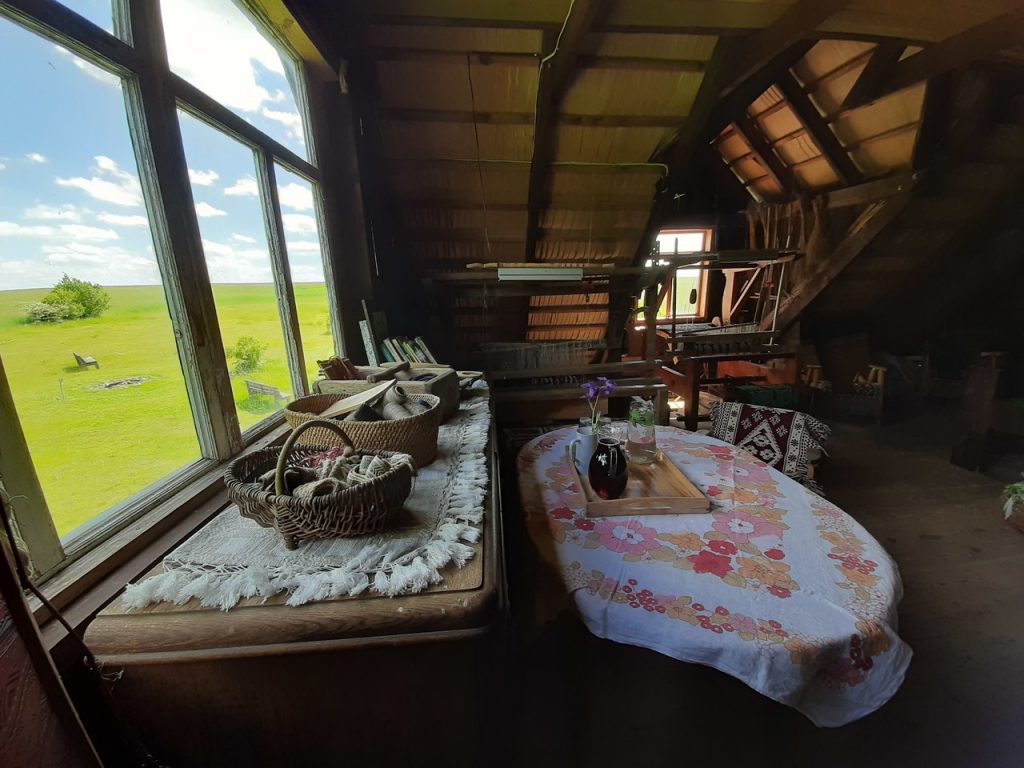
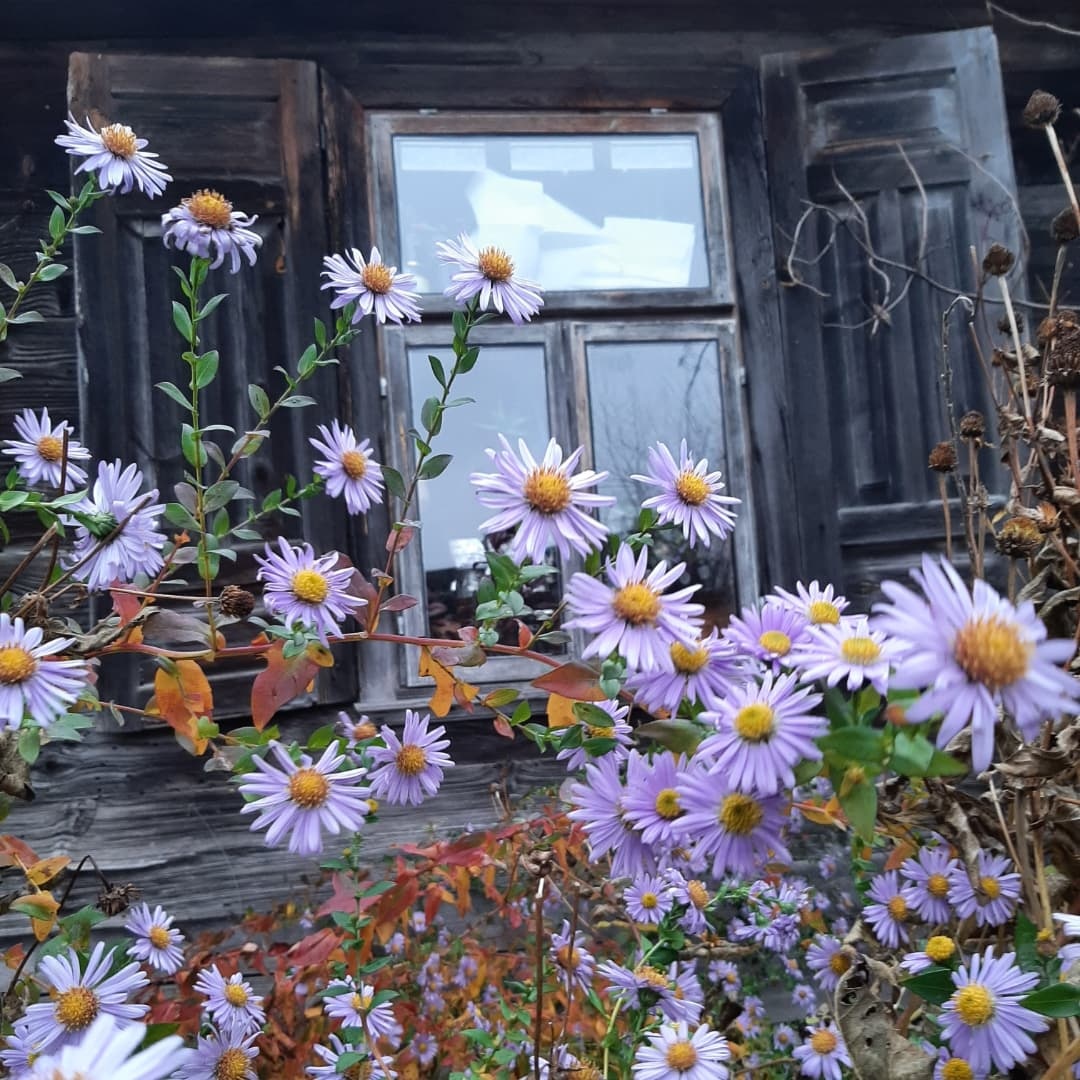
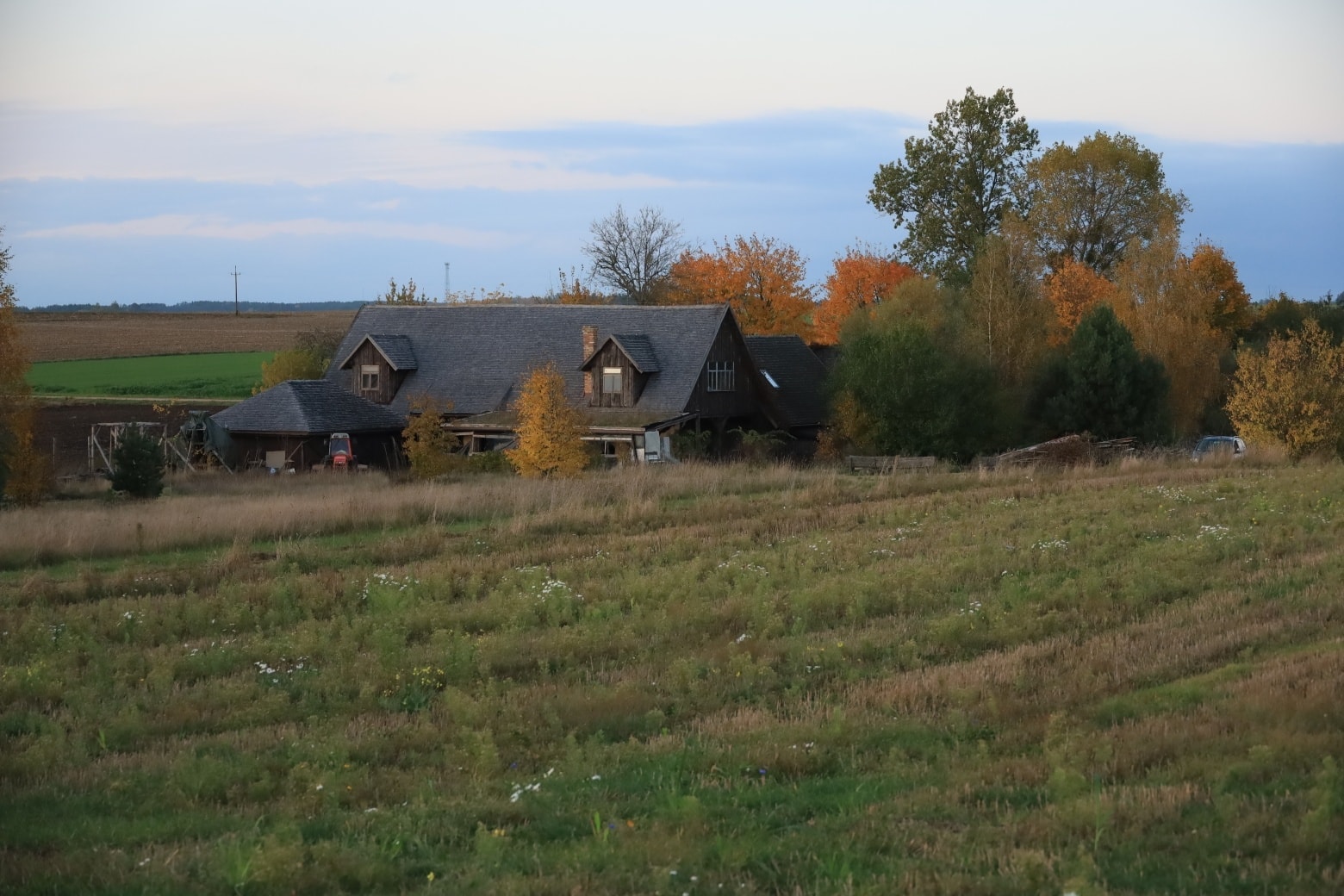
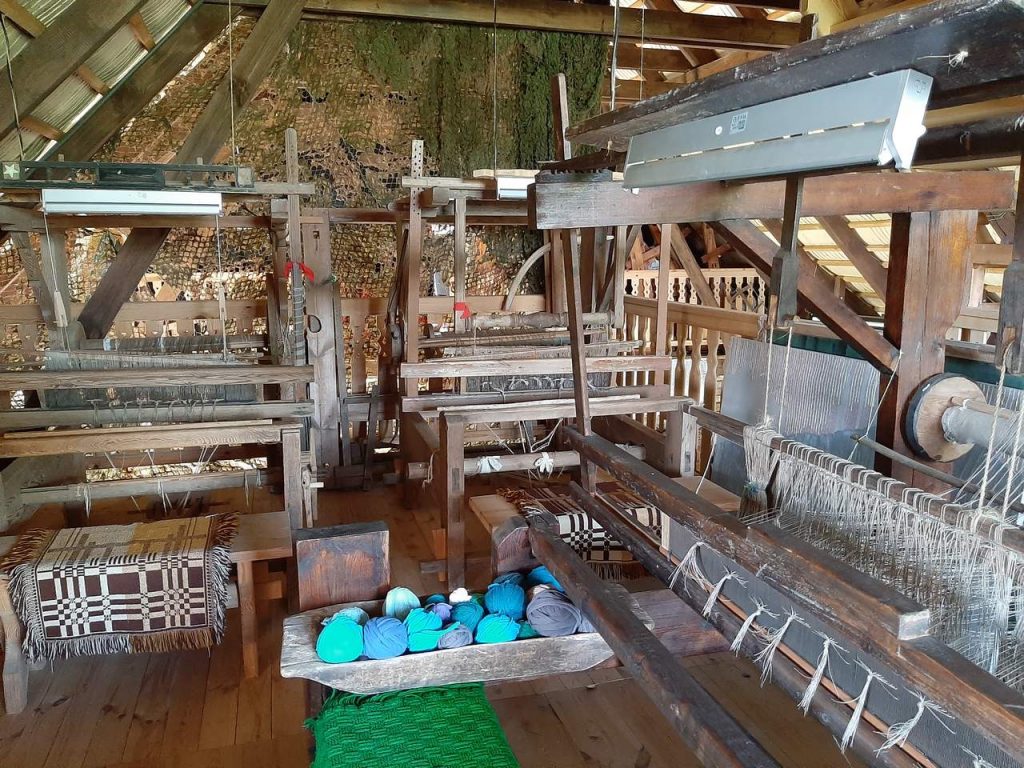 Pictures:
Pictures:„Na Karczaku” agrotourism photos.
Photos with permission of owners of „Na Karczaku” agrotourism.
Agro-tourism, eco-tourism, eco-museums
Country:Main Subject:
Description:
Agrotourism, ecotourism, living museums, eco-museums - names familiar to anyone interested in resting in nature, in a way that does not harm it, or at least minimizes ecological nuisances.
This is how the owners of the "Na Karczaku" ecotourism site, located in the valley of the Biebrza River - the largest wetland area in the European Union and the largest national park in Poland in terms of area, write about their place:
"We are aware that every tourist activity has an impact on the environment, so we would like, with your help through our ecologically conscious behavior at the "Na Karczaku" agritourism farm and Ekomuseum, as well as on the Biebrza trails, to reduce such adverse impacts and enhance the positive ones. We are committed to ensuring that our farm, where we receive guests, as well as our activities, firstly - do no harm, secondly - foster conservation and thirdly - recreate or create conditions for rich biodiversity, high quality of the natural environment, nurturing of traditions and positive emotions and human relations. We want to achieve this by arousing the sensitivity of our guests to nature - its beauty and its benefits, promoting an ecological lifestyle, the natural and cultural heritage of the region, encouraging responsible consumer attitudes and taking active measures for the natural and cultural and living in accordance with one's own inner beliefs."
These words are at the same time the answer to the question "what is ecotourism", which provides additional income in rural areas, while caring for the environment and local culture. Ecotourism is not only relaxation in nature, but also activities such as:
- workshops for learning to weave on looms,
- production of natural cosmetics using local herbs,
- meetings with herbs and herbal medicine,
- workshops of local crafts and handicrafts,
- workshops on building houses ("hotels") for beneficial insects,
- meetings with ecological lifestyle and natural gardening,
- making and possibility to buy local products,
- observation of ordinary life in the countryside.
Agrotourism in Poland is a developed form of recreation, attracting tourists from both home and abroad. Poland, rich in picturesque landscapes, rural traditions and natural and cultural diversity, is becoming a perfect place for ecotourism enthusiasts.
Polish agritourism is characterized by the diversity of its offerings. Tourists can choose from farms located in the mountains, by the sea, by rivers and lakes, or in the woods. This is an ideal option for those seeking peace and contact with nature, as well as for those who want to spend time actively.
Agritourism in Poland is also gaining popularity among foreigners who are looking for original experiences, away from mass tourism in crowded tourist centers. It is worth noting that agritourism supports the development of rural areas, stimulating the local economy
Reference links:
https://guides.loc.gov/tourism-and-travel/ecotourism
https://www.lodgify.com/encyclopedia/agri-ecotourism/
SDG direct/ indirect short justification:
Direct SGDs:
Goal 8 Decent work and economic growth.
Promote sustained, inclusive and sustainable economic growth, full and productive employment and decent work for all.
Justification:
Agro-tourism, eco-tourism and eco-museums are ways to environmental friendly, additional income for rural residents. These generate new jobs and promote “green” way of life.
The activity meets Target 8.9. By 2030, devise and implement policies to promote sustainable tourism that creates jobs and promotes local culture and products.
Keywords:
City:
Location:
Questions:
- What is agro-toursm and eco-tourism, and whai is the difference?
- What is the impact on the local economy of agrotourism?
- What additional attractions can agritourism provide?
Authors:
Piotr Znaniecki
Fundacja SocLab
